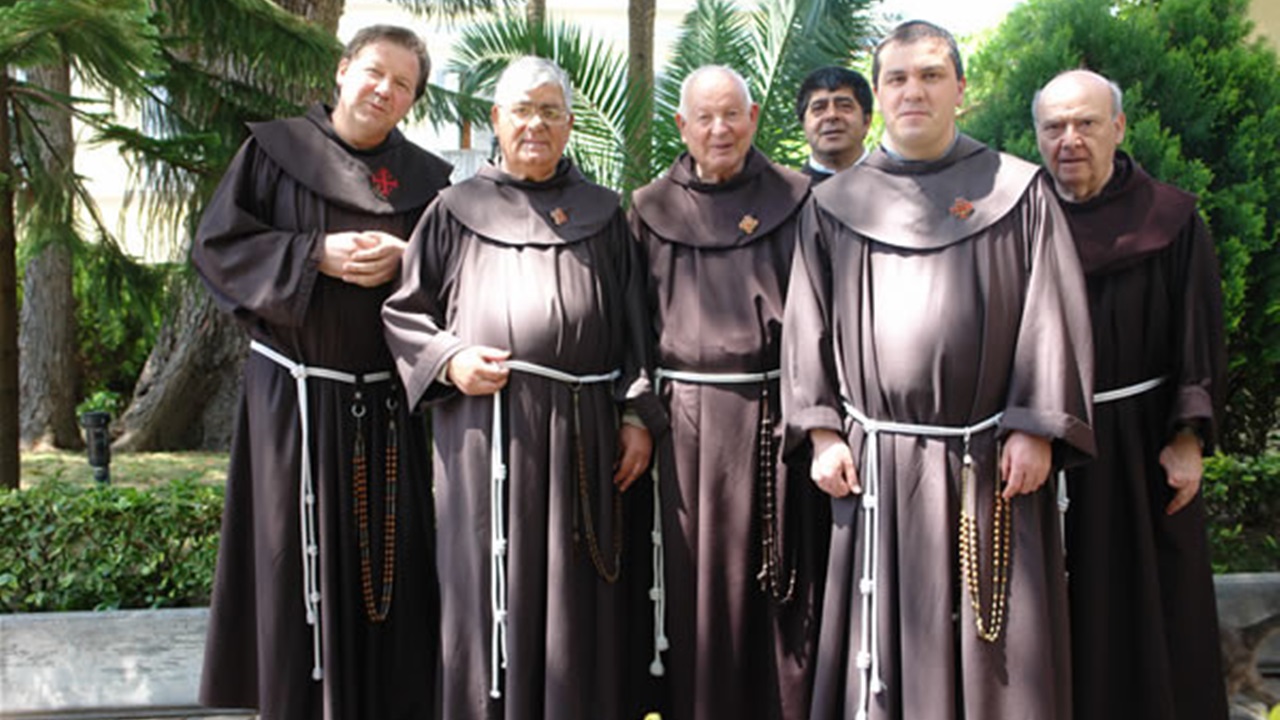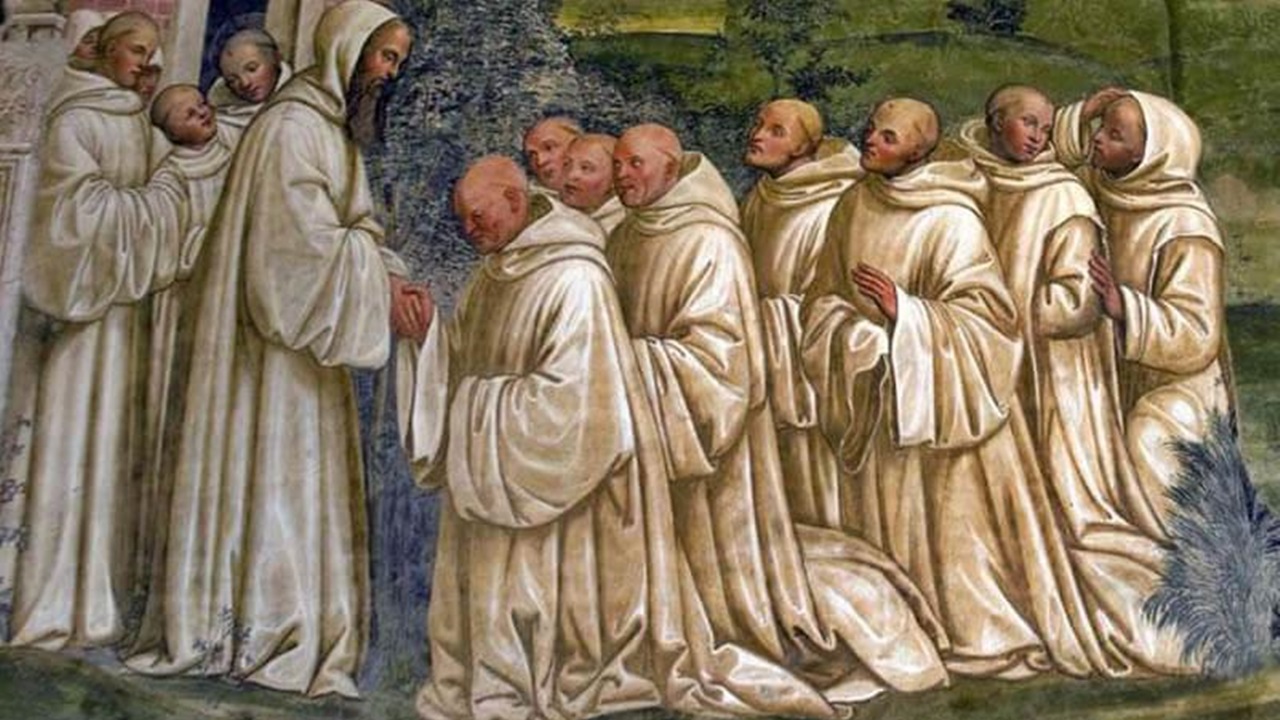Saint Benedict of Nursia and the progress brought by the monks to Europe
The Middle Ages are often considered a dark age, in which technological and artistic progress came to a halt and ancient culture was swept away by barbarism. However, this is only partly true and monastic communities played a fundamental role in the preservation and diffusion of culture during that period. In particular, the technological innovations developed by Monks they laid the foundations for modern technological development.

One saint in particular, Saint Benedict of Norcia he was elected patron saint of Europe for his role as founder of the Benedictine order and creator of the rule “pray and work“, which provided for the division of existence for the monks between prayer and manual and intellectual work. This new approach to monastic life changed everything, as monks did first they retreated into isolation to dedicate oneself only to prayer. Saint Benedict instead underlined the importance of manual labor as a way to honor God.
Furthermore, Christian doctrine has encouraged the concept of the rationality of creation, according to which Natura it was created by God according to a certain rationality, which man can learn to understand and use to your advantage. This approach pushed the monks to develop new inventions and innovations in various fields.
THEabolition of slavery and the spread of monasticism allowed free men to dedicate themselves to working the land and to develop mechanical and hydraulic systems to simplify agricultural work. The monks have worked the land, built embankments and promoted agriculture and livestock raising.

The inventions of the monks
In addition, the monks preserved and disseminated ancient texts, they collaborated in drug production and in the provision of health services. Surprisingly, their innovations spread rapidly throughout the monasteries, despite the slow communications of the time.
The monks Cistercians, in particular, they were known for their technological and metallurgical skills. They invented thewater clock, glasses and Parmigiano Reggiano cheese. They also contributed to the invention ofheavy plow, revolutionizing agriculture and increasing land productivity.
The monks Trappists have distinguished themselves in the production and diffusion of beer, refining processing techniques and discovering new methodologies. Also there cultivation of the vine and wine production have become widespread activities among the monks medieval, since wine was essential to celebrate theEucharist.